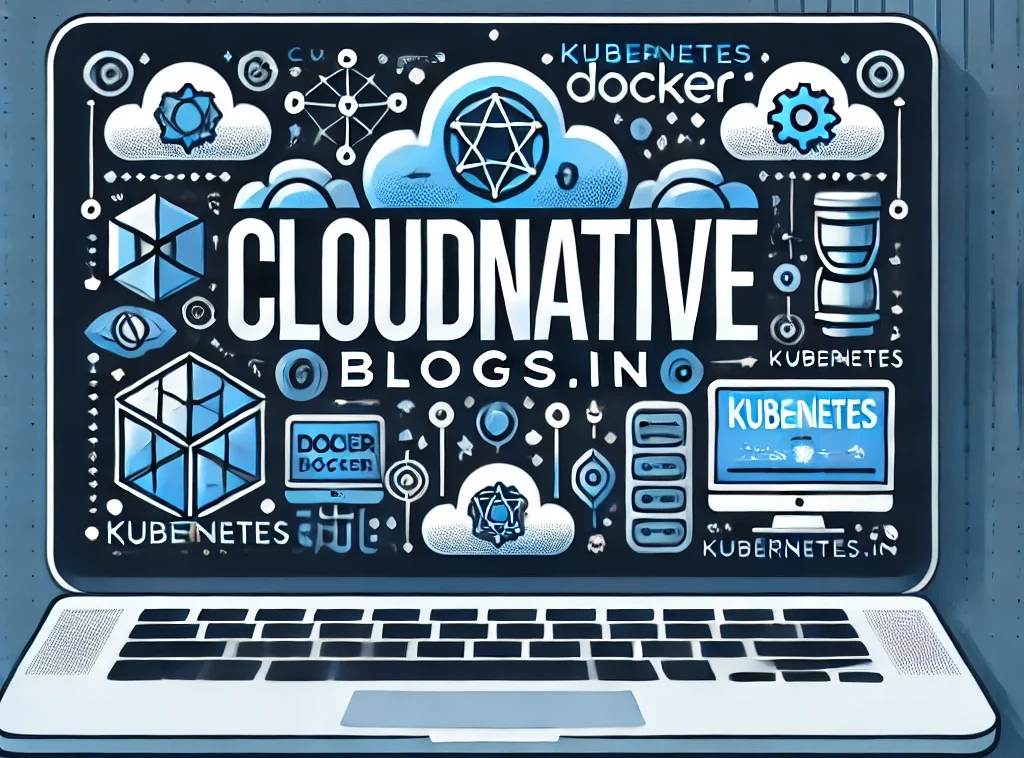Dive into our ultimate guide on UEFI vs. BIOS to understand modern PC firmware, its crucial advantages in speed and security, and why it’s the foundation of every modern computer.
Hidden UNIX: Everyday Devices Running Unix‑Like Systems
From smart refrigerators to airline seats, countless everyday gadgets quietly rely on Unix‑like kernels, shaping modern life unseen behind us.
Code Reuse Without Classes: A Deep Dive into Non-OOP Reusability
#ObjectOriented Programming isn’t the only path to reusability. Explore five powerful #nonOOP #paradigms that build reusable, elegant software.#ObjectOriented Programming isn’t the only path to reusability. Explore five powerful #nonOOP #paradigms that build reusable, elegant software.
Why Pointers and Memory Management Are the Backbone of C Programming
#Pointers and #memorymanagement in #C offer flexibility, control, and performance that regular variables cannot, forming the foundation of system programming.
Building the Linux Kernel for Embedded Devices vs. Standard PCs: Key Differences Explained
Building the Linux kernel for embedded devices demands precision, minimalism, and cross-compilation, while PC kernels prioritize broad compatibility and flexibility.
Mastering Memory: Real-World Examples of Crucial Stack and Heap Management in C/C++
Correct stack and heap memory management in C/C++ is critical for building secure, efficient, and stable real-world software systems.
Stack vs Heap Memory: A Deep Dive into C/C++, BASIC, and Pascal
Compare stack and heap memory in C/C++, BASIC, and Pascal to understand how memory management evolved across generations of languages.
Functional Strategy Pattern: Unlocking Clean Code with Higher-Order Functions and Callbacks
Explore how the Strategy Pattern naturally fits functional programming using higher-order functions, offering clean, reusable, and testable solutions.
CPU Core Deception: The Genius of Virtual Cores and Performance
Discover why CPUs pretend to have more cores, a trick called SMT that cleverly boosts system performance by reducing idle time.
The CPU’s Hidden Language: Decoding Instructions for Ultimate Performance
Discover the secret translation layer inside every CPU, where complex instructions are transformed into micro-operations to unlock incredible parallel performance.
CPU Powerhouses: Unlocking Speed with ALUs, FPUs, and Parallelism
Discover the specialized ALU and FPU engines inside every CPU, the key to unlocking the massive parallel processing power we use daily.
Mastering Pointers in Doubly Linked Lists: Challenges and Solutions
Mastering pointers in doubly linked lists is challenging but achievable with best practices, thorough testing, and debugging tools to ensure reliable data structure operations.
C++ vs Java: The Ultimate Speed vs Ease Trade-off Guide for Developers
C++ delivers superior performance through direct compilation while Java prioritizes developer productivity with automatic memory management, requiring careful trade-off analysis for optimal technology selection.
C++ vs Java Performance: How Compilation Models Shape Speed and Efficiency
C++ compiles directly to machine code while Java uses bytecode and JIT compilation, creating performance trade-offs between raw speed and platform independence with modern optimizations narrowing traditional gaps.
Database Locking Explained: Ensuring Integrity While Impacting Performance in Concurrent Systems
Learn how database locking maintains data integrity but affects performance for users in concurrent environments.
Understanding Database Transaction Rollbacks: Resolving Conflicts for Data Integrity and Consistency
Explore why database transactions are rolled back during conflicts and how systems ensure data integrity and consistency.
The Complex Landscape of Virtualization and Kernel-Level Anticheat in Linux Gaming
Discover why virtualization fails as a solution for kernel-level anticheat in Linux gaming with technical insights.
The Future of CI/CD: Embracing Context-Aware Automation for Smarter Software Delivery
Embrace the future of CI/CD with context-aware automation—adaptive, efficient, and intelligent pipelines that accelerate delivery, improve reliability, and meet the demands of modern software development.
What is the role of source and destination ports in the TCP header?
Explore the critical roles of source and destination ports in the TCP header, ensuring precise, reliable communication across networks in this detailed guide.
Mastering Algorithm Analysis: Leveraging Lower Bounds in Java Searching Algorithms
Explore lower bounds to optimally analyze Java searching algorithms, leveraging efficiency and performance in complex computational tasks.
Running C++ on Minimalist MCUs: A Deep Dive into Efficient Embedded Programming
Running C++ on low-resource MCUs efficiently involves leveraging optimization, bare-metal capabilities, and careful code management for success.
Navigating the Landscape: Perl vs. Python vs. Bash in System Administration and Automation
Perl, Python, and Bash offer distinct strengths in system administration. Choosing the right one ensures efficient task automation.
The Microprocessor Revolution: Understanding the Fourth Generation of Computers and Its Lasting Impact
The fourth generation of computers revolutionized the tech landscape with microprocessors, enhancing performance, and accessibility forever.
Software Development Life Cycle: A Complete Guide to SDLC Phases
Explore the Software Development Life Cycle (SDLC) with this detailed guide on its phases, benefits, and real-life applications. Master SDLC for software success and personal productivity today!
Shallow Copy vs Deep Copy: Key Differences
Learn the crucial differences between shallow and deep copying in programming, including memory allocation, object independence, and performance implications.
Bridging Elasticsearch and PostgreSQL: A Deep Dive into Integration Challenges
Explore the technical challenges of integrating PostgreSQL and Elasticsearch, including data model conflicts, synchronization latency, and practical solutions for developers.
Windows vs. UNIX: Which System Offers Superior Reliability, Security, and Stability for Enterprise Use?
Windows vs. UNIX: Compare reliability, security, and stability for enterprise success. Discover the best OS for your business needs.
NVIDIA GPU Dominance at Risk: AI Hardware Rivals Emerge
#NVIDIA’s #GPU dominance for large language models faces threats from specialized AI hardware like Google’s TPUs. Competitors and pricing pressures challenge its reign in the #AI computing landscape #LLM.
How Memory Architecture & Cache Behavior Affect Assembly vs C Coding
Understanding #memoryarchitecture and #cache behavior is vital for optimizing performance in #assembly and #C programming, empowering developers to write efficient, cache-friendly code and achieve peak #computational speed.
